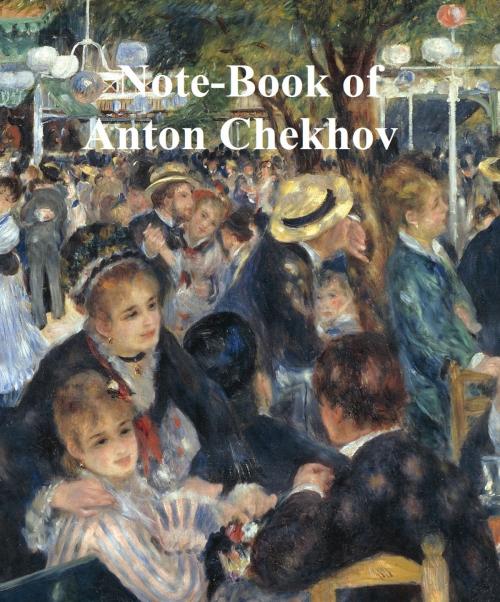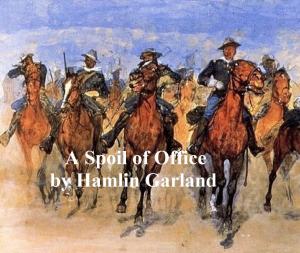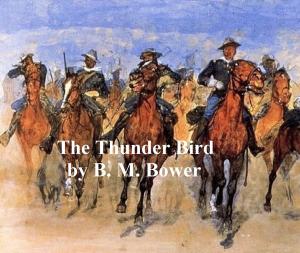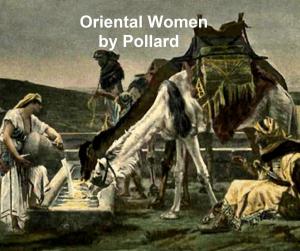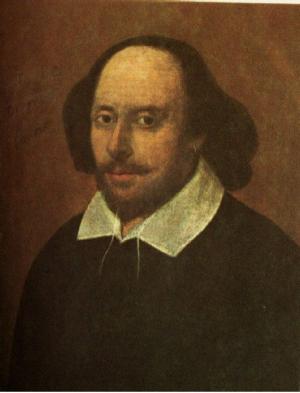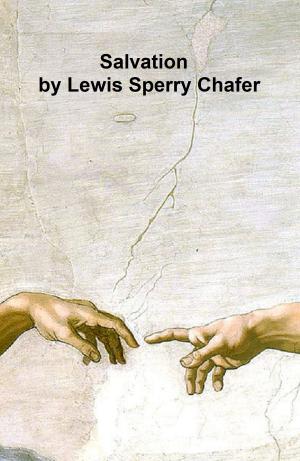| Author: | Anton Chekhov | ISBN: | 9781455302109 |
| Publisher: | Seltzer Books | Publication: | February 23, 2017 |
| Imprint: | Language: | English |
| Author: | Anton Chekhov |
| ISBN: | 9781455302109 |
| Publisher: | Seltzer Books |
| Publication: | February 23, 2017 |
| Imprint: | |
| Language: | English |
"This volume consists of notes, themes, and sketches for works which Anton Chekhov intended to write, and are characteristic of the methods of his artistic production. Among his papers was found a series of sheets in a special cover with the inscription: "Themes, thoughts, notes, and fragments." Madame L.O. Knipper-Chekhov, Chekhov's wife,also possesses his note-book, in which he entered separate themes for his future work, quotations which he liked, etc. If he used any material, he used to strike it out in the note-book. The significance which Chekhov attributed to this material may be judged from the fact that he recopied most of it into a special copy book." According to Wikipedia: "Anton Pavlovich Chekhov (1860 1904) was a Russian short-story writer, playwright and physician, considered to be one of the greatest short-story writers in world literature. His career as a dramatist produced four classics and his best short stories are held in high esteem by writers and critics Chekhov practised as a doctor throughout most of his literary career: "Medicine is my lawful wife," he once said, "and literature is my mistress." Chekhov renounced the theatre after the disastrous reception of The Seagull in 1896; but the play was revived to acclaim in 1898 by Constantin Stanislavski's Moscow Art Theatre, which subsequently also produced Uncle Vanya and premiered Chekhov’s last two plays, Three Sisters and The Cherry Orchard. These four works present a special challenge to the acting ensemble as well as to audiences, because in place of conventional action Chekhov offers a "theatre of mood" and a "submerged life in the text." Chekhov had at first written stories only for the money, but as his artistic ambition grew, he made formal innovations which have influenced the evolution of the modern short story. His originality consists in an early use of the stream-of-consciousness technique, later adopted by James Joyce and other modernists, combined with a disavowal of the moral finality of traditional story structure He made no apologies for the difficulties this posed to readers, insisting that the role of an artist was to ask questions, not to answer them."
"This volume consists of notes, themes, and sketches for works which Anton Chekhov intended to write, and are characteristic of the methods of his artistic production. Among his papers was found a series of sheets in a special cover with the inscription: "Themes, thoughts, notes, and fragments." Madame L.O. Knipper-Chekhov, Chekhov's wife,also possesses his note-book, in which he entered separate themes for his future work, quotations which he liked, etc. If he used any material, he used to strike it out in the note-book. The significance which Chekhov attributed to this material may be judged from the fact that he recopied most of it into a special copy book." According to Wikipedia: "Anton Pavlovich Chekhov (1860 1904) was a Russian short-story writer, playwright and physician, considered to be one of the greatest short-story writers in world literature. His career as a dramatist produced four classics and his best short stories are held in high esteem by writers and critics Chekhov practised as a doctor throughout most of his literary career: "Medicine is my lawful wife," he once said, "and literature is my mistress." Chekhov renounced the theatre after the disastrous reception of The Seagull in 1896; but the play was revived to acclaim in 1898 by Constantin Stanislavski's Moscow Art Theatre, which subsequently also produced Uncle Vanya and premiered Chekhov’s last two plays, Three Sisters and The Cherry Orchard. These four works present a special challenge to the acting ensemble as well as to audiences, because in place of conventional action Chekhov offers a "theatre of mood" and a "submerged life in the text." Chekhov had at first written stories only for the money, but as his artistic ambition grew, he made formal innovations which have influenced the evolution of the modern short story. His originality consists in an early use of the stream-of-consciousness technique, later adopted by James Joyce and other modernists, combined with a disavowal of the moral finality of traditional story structure He made no apologies for the difficulties this posed to readers, insisting that the role of an artist was to ask questions, not to answer them."
